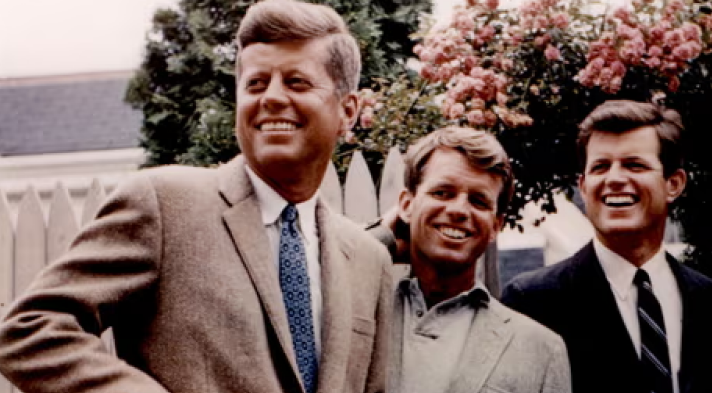‘They always got away with it’: new book reveals Kennedys’ shocking treatment of women

Joe DiMaggio, who blamed the Kennedys for Marilyn Monroe's death, once said, “The whole lot of Kennedys were lady-killers, and they always got away with it.” This sentiment echoes through Maureen Callahan's book Ask Not: The Kennedys and the Women They Destroyed. The book chronicles the tragic fates of women associated with the Kennedy family, painting a picture of misogyny and abuse that spans generations.
Callahan argues that just as America's founders are being reevaluated for their racial views, the Kennedys should be scrutinized for their treatment of women. She highlights the family's control over their narrative, even in the face of egregious behavior.
For example, when a statue of JFK was unveiled in 2021, no coverage questioned his treatment of women or what message his celebration sends to future generations. This lack of accountability is a recurring theme in Callahan's book.
A significant portion of the book focuses on Robert F. Kennedy Jr., currently running for president. It details his abusive marriage to Mary Richardson, who married him in 1994 and had four children. Despite her dedication, Mary found herself neglected and humiliated by Robert's infidelities. His diaries, filled with lists of women he ranked by their sexual encounters, devastated Mary. She spiraled into depression and eventually took her own life. Robert portrayed her as a disconsolate alcoholic, taking no responsibility for her anguish.
Callahan's book also recounts the story of JFK's son, John F. Kennedy Jr., and his tumultuous relationship with Carolyn Bessette. Despite their rocky marriage, Carolyn agreed to fly with John Jr. in a small plane he was still learning to pilot. Tragically, the plane crashed, killing Carolyn, her sister, and John Jr. Callahan argues that Carolyn has been unfairly blamed for the crash, while the Kennedy narrative downplays John Jr.'s recklessness.
The book also revisits the infamous Chappaquiddick incident involving Senator Edward Kennedy. In 1969, Kennedy drove off a bridge, leaving his passenger, Mary Jo Kopechne, to die. Callahan notes that the incident was reframed as “Ted’s tragedy,” allowing him to continue his political career with little consequence.
Callahan's research draws from archives, interviews, biographies, memoirs, and news reports to expose how the Kennedy family's power recasts any woman who challenges them as crazy or vengeful. This narrative manipulation preserves the myth of Kennedy greatness, despite the profound harm they've caused.




